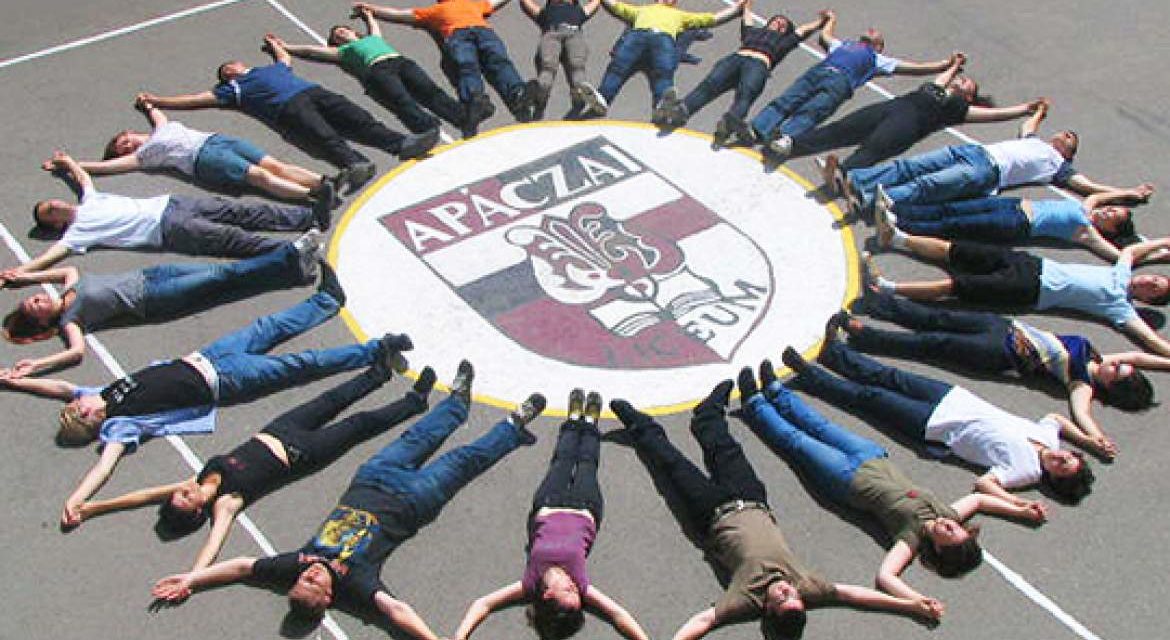For the first time, compensation was awarded to Hungarian children due to language discrimination in Romania. The Transylvanian Hungarian community can record an important victory, but at the same time, lawyer András Bethlendi, a representative of the AGFI legal protection group, who led the cause of the Hungarian students in Apáczáis to victory, is very pessimistic and criticizes the condescending attitude of Hungarian politicians and the Hungarian community. "We're used to lawless states," he says.
A few days ago, the district court in Bucharest made a historic ruling: it found that the Cluj county education inspectorate discriminated against those Hungarian students, who in 2016 were not allowed to start the only Hungarian-language 5th grade in the entire county.
The court awarded compensation of 6,000 lei (about HUF 432,000) to the ten students who took the case to court.
which must be paid by the Ministry of Education and the Education Inspectorate. The verdict is final, and we wrote more about the five-year ordeal - the end of which the students obviously did not wait for - in our previous article.
The advocacy group Advocacy Group for Freedom of Identity (AGFI), which, as we learned, took the case pro bono, i.e. free of charge, behind the parents all along.
Their representative, András Bethlendi, a lawyer from Cluj, tells Mandiner that it is remarkable in every way that this is the very first minority law case where a Romanian court has legally awarded financial compensation due to language discrimination.
Another question is whether the victory is Pyrrhic from the point of view that most of the students sought education in their mother tongue in other schools, some went all the way to Budapest to study fine arts in Hungarian. At the same time, according to him, it could have been tried in the meantime, since the head inspector Valentin Claudiu Cuibus, who did not sympathize with the Hungarians, has since been replaced, and in the meantime the RMDSZ came to power, so if the need had arisen again since then, the Hungarian-language department could have already been established.

András Bethlendi/Forrás/mandiner.hu
Bethlendi is not an optimist, no matter what, he thinks there was no such intention, because the Hungarian community has unfortunately become comfortable in the state of "it can't be done anyway".
At the same time, the decision itself is a precedent from the point of view that it points out that if someone is affected by language discrimination, it is indeed worth going to court.
Bethlendi also has a mixed opinion about the effectiveness of the Romanian National Anti-Discrimination Council (CNCD): remember, the CNCD also condemned the education inspectorate, but the chief education inspector did not take the condemnation seriously. It's no accident: the Council is not obliged to impose fines or make specific demands, it makes soft decisions, so although it is ready to protect those discriminated against, its demands are thus reduced to opinions.
Bethlendi believes that it is usually possible to achieve results in the courts in matters of language law, as shown by the multilingualization of the name plates of Cluj-Napoca; the problem starts when, as in the case of the Marosvásárhely Lyceum, for example, real estate is also involved, for some reason the justice system is very sensitive to this, and the scales are not tilted towards minorities.
Source and full article: mandiner.hu
Image: ma7.sk












